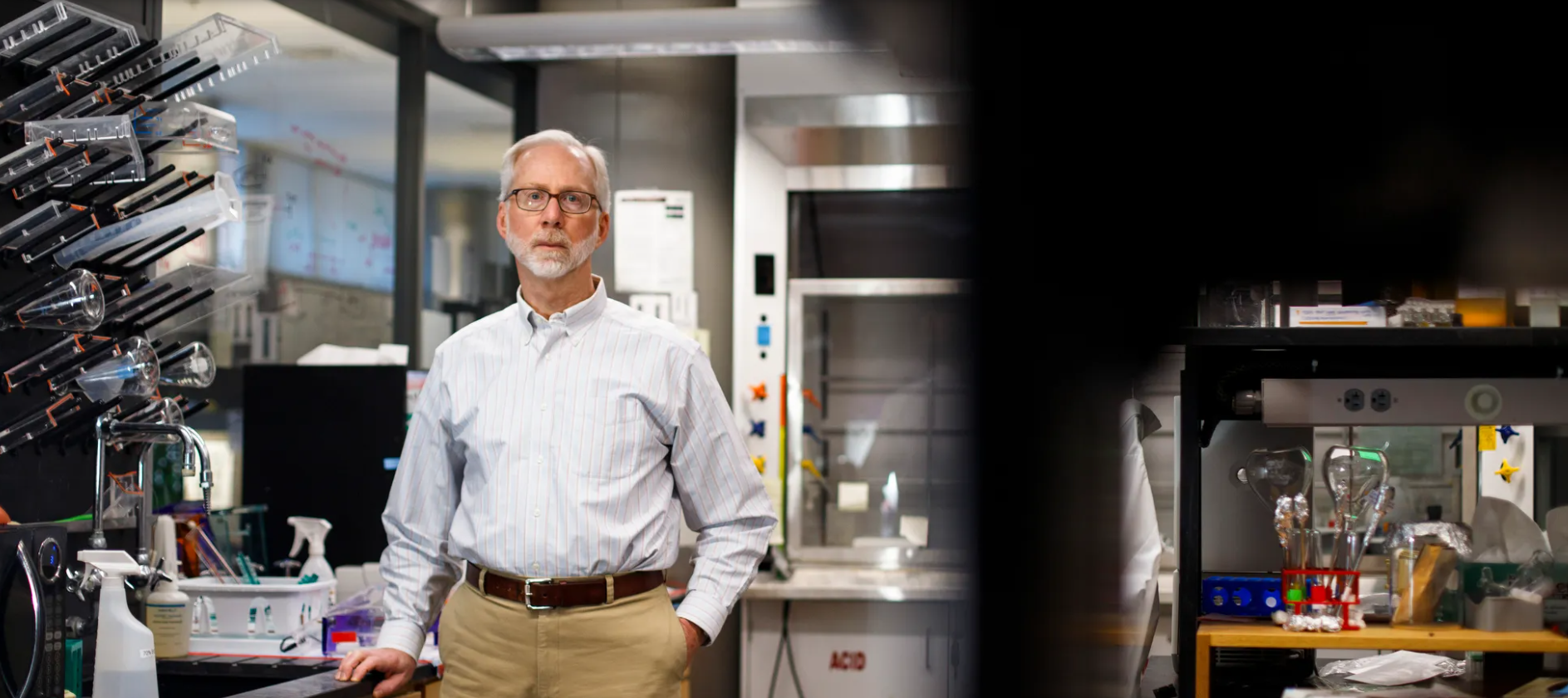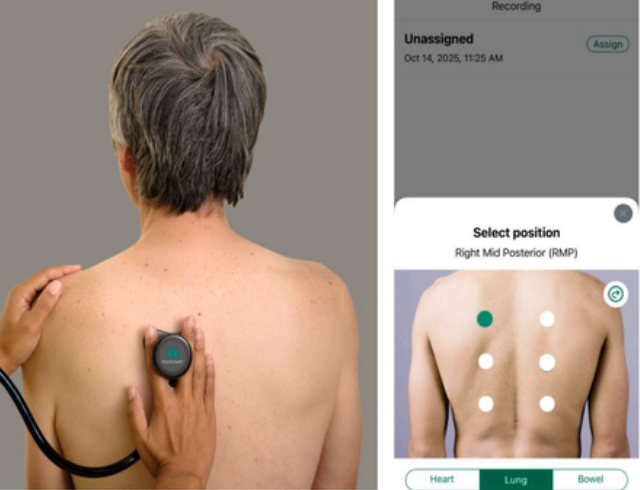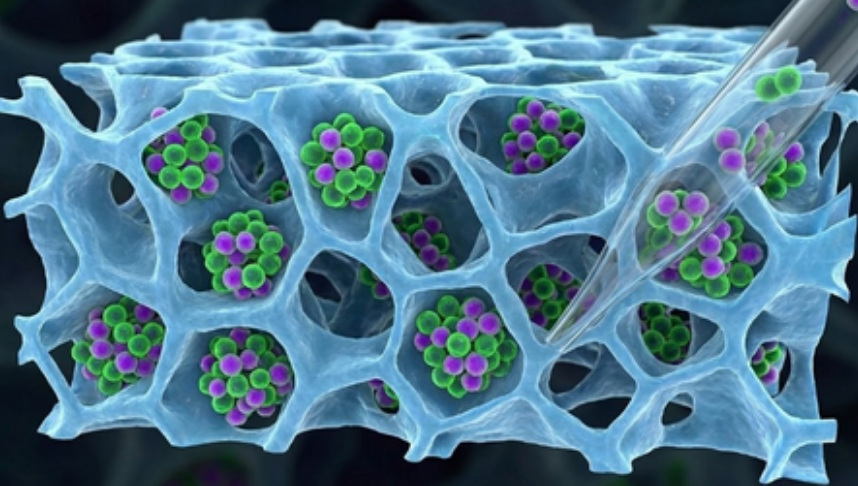Hidden Genetic Variant May Delay Diabetes Diagnosis in Men, Study Finds

NEW DELHI– A common genetic condition may be delaying type 2 diabetes diagnoses in millions of men worldwide, leaving them vulnerable to severe complications, according to new research.
The study, led by the University of Exeter in collaboration with Queen Mary University of London, found that men with glucose-6-phosphate dehydrogenase (G6PD) deficiency are typically diagnosed with type 2 diabetes four years later than those without the gene variant. Despite its global prevalence, fewer than one in 50 men with the condition have been diagnosed with diabetes.
G6PD deficiency affects more than 400 million people globally, particularly those of African, Asian, Middle Eastern, and Mediterranean descent. The condition is far more common in men and often goes undetected because it rarely produces symptoms. While the World Health Organization recommends routine screening in high-prevalence populations, such testing is not widely implemented in many countries.
The study, published in Diabetes Care, revealed that men with G6PD deficiency face a 37 percent higher risk of diabetes-related microvascular complications, including damage to the eyes, kidneys, and nerves.
The problem arises because G6PD deficiency skews results from the HbA1c blood test — the international gold standard for diagnosing and monitoring diabetes in 136 countries. The condition makes HbA1c readings appear artificially low, misleading doctors and patients and delaying treatment.
“Our findings highlight the urgent need for changes to testing practices to tackle health inequalities,” said Professor Inês Barroso of the University of Exeter. “Doctors and health policymakers need to be aware that the HbA1c test may not be accurate for people with G6PD deficiency, and routine G6PD screening could help identify those at risk. Addressing this issue is not only crucial for medicine, but for health equity.”
Researchers urged the development of alternative diagnostic methods to ensure timely detection and treatment, reducing the risk of long-term complications in affected men. (Source: IANS)





